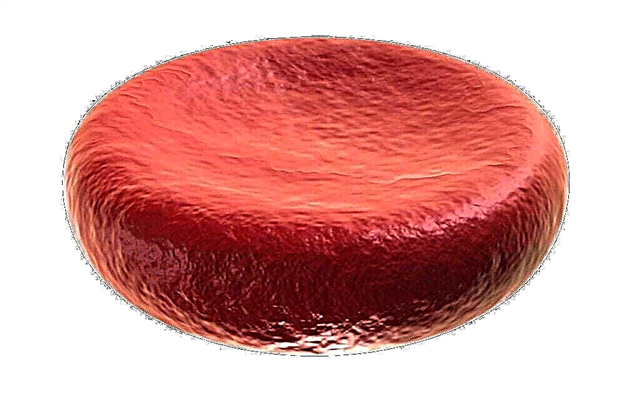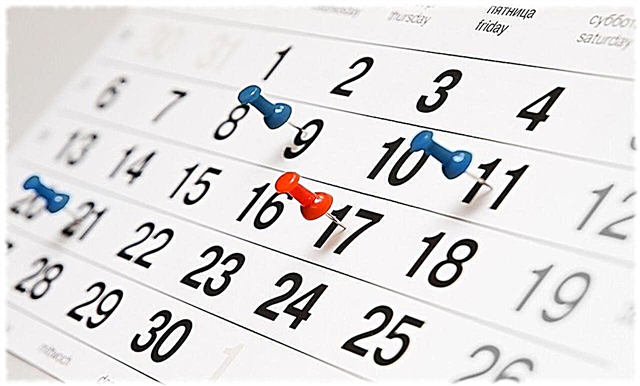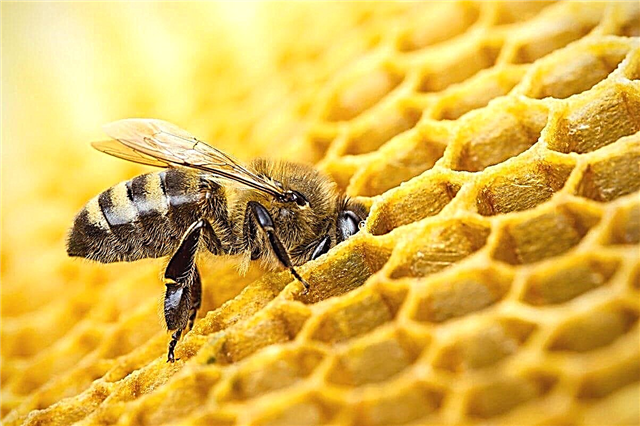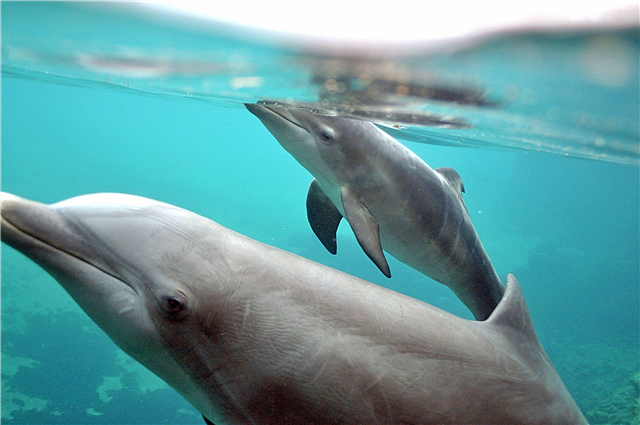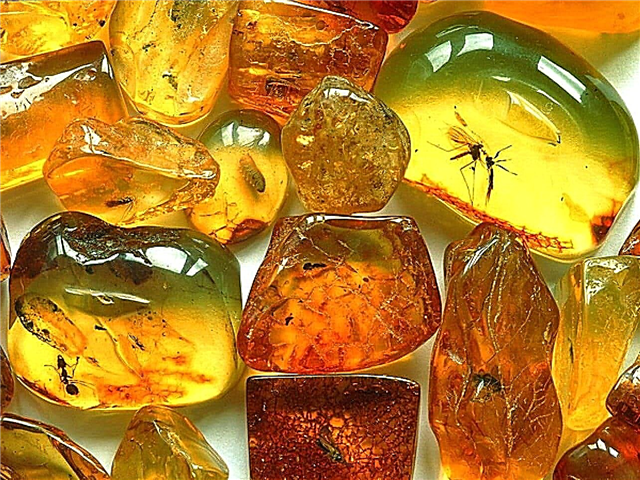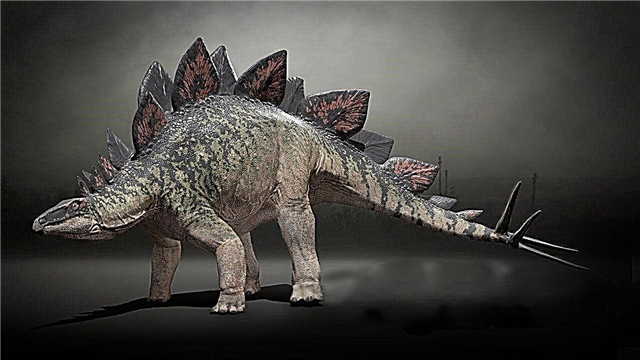
Children are naturally inquisitive, they have not a lazy, but a very lively mind that requires an interest in everything that surrounds it, and therefore the child begins to ask questions, sometimes even not very convenient for parents.
These “indecent” and many other questions requiring scientific knowledge can lead to a dead end not only for young parents, but also for parents with experience.
The most inquisitive period of a child’s life is 3-5 years, although later children ask a lot, it is not for nothing that they are called “pochimuchki”. Parents sometimes may not know the answers to children's questions, therefore, it is better for adults to teach a child from an early age to find answers to their questions, first, together with their parents, and then independently in books and encyclopedias. And if the children are very small and do not know how to read, they turn to adults for an answer, because they are the main source of information for them. In order not to drown the interest in the crumbs to get acquainted with everything that surrounds him in this world, do not turn away from him because of lack of time or not knowing the answer to the question.
Why is it necessary to answer children's questions?
Some adults cannot answer the questions of children, do not satisfy the cognitive interest of the child, thereby, they can destroy curiosity and lose respect and trust in themselves. Consequently, adults still need to learn to accurately answer childish questions.
Example of correct and incorrect answers
And now let's mark the correct answers of adults and the answers that should not be given, for example, the question “Why is it raining?”
- “I don’t know” or “because the weather is like this”, or “ask dad / mom or“ you still won’t understand. ” These empty answer words show the child that the parents do not want to communicate with him, ignore him and, gradually, lose their authority in his eyes. In the future, he may stop asking questions and will look for answers in other places, most likely, these answers will turn out to be wrong or not what parents would like to give. In the future, other questions may follow, not a research plan, but to attract attention, children may know the answers to questions (“What are you doing?”, “Why are you doing this?”), But they will ask them to the adult again and again.
- The question to the question (“What do you think, why is it raining?) Should be answered if the adult implies further with the child to find the correct answer. This will make him think and reason with his mom or dad, but most likely other questions will follow from the child, one must be prepared for this and not be angry.
- “In order for people to see the rainbow” or “A cap with a watering can sits on a cloud and watering us so that we grow quickly like flowers” - such varied or fabulous answers are suitable for a very small 2-3 year old baby, but then, when he grows up, an adult will have to correct his answer.
- “... condensation forms, in other words, drops of water. When they become very heavy, they accumulate a lot, thunderclouds form,and then the drops fall to the ground under the influence of gravity - it is raining! ” Scientific long explanations will tire the child, he will lose the essence of the answer, he will not understand and he will become bored.
- The answer should be short, clear and truthful. “There are clouds in the sky, water accumulates in them, when there is a lot of it, white clouds turn into gray clouds, drops begin to fall on the ground.
And you can not only answer the question, but also conduct an experiment at home in order to satisfy the child’s interest in scientific matters, for example, “Why don't birds drown?” You just need to lower the bird’s feather into the water and explain that the feathers are coated with a lubricant that protects them from getting wet. Water cannot penetrate through feathers and, therefore, birds easily stick to the surface of the water. And oil destroys this protective film, so the bird gets wet, can freeze and drown. Instead of oil, a detergent for dishes will fit, adding a few drops to a bowl of water, the result will be immediately visible.
In the end, you should definitely focus on the fact that you don’t need to scold the child, if the question seems, in the opinion of an adult, silly or “indecent” or just does not like the adult, you must answer any question of the baby without irritation, and then explain to whom where and what questions are best to ask. If children ask questions, this is very good, they receive useful information, therefore, they develop.

